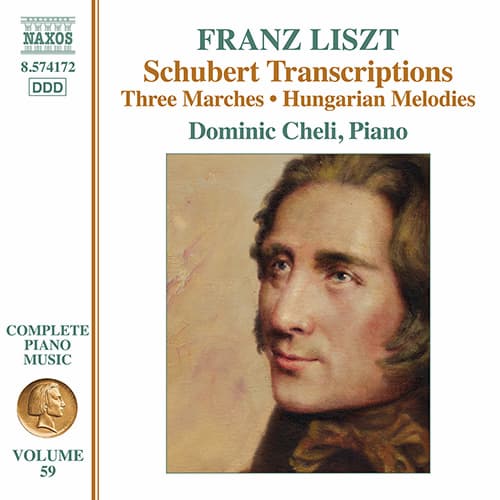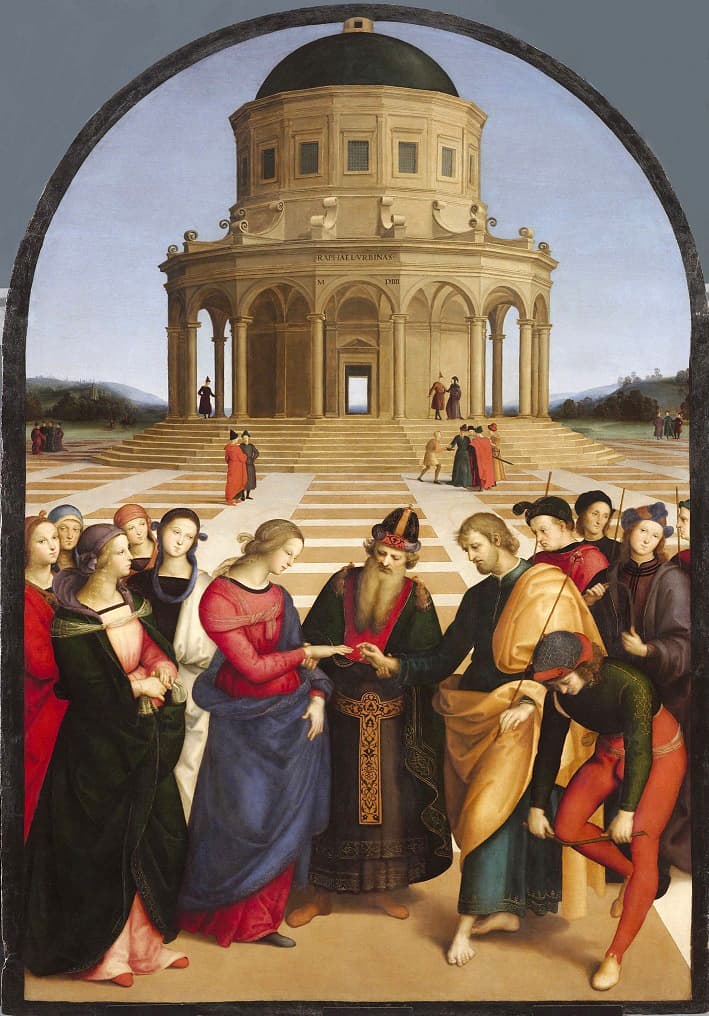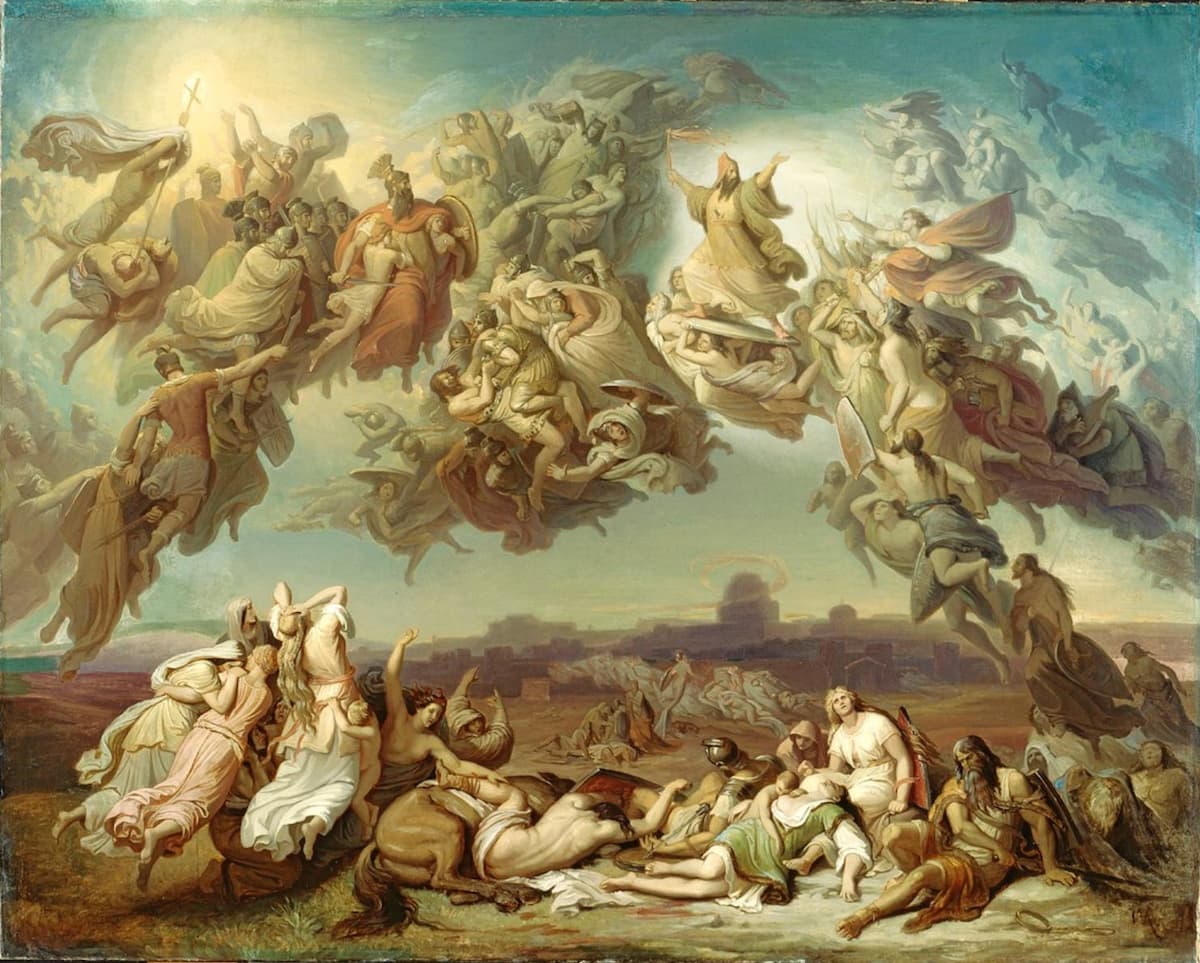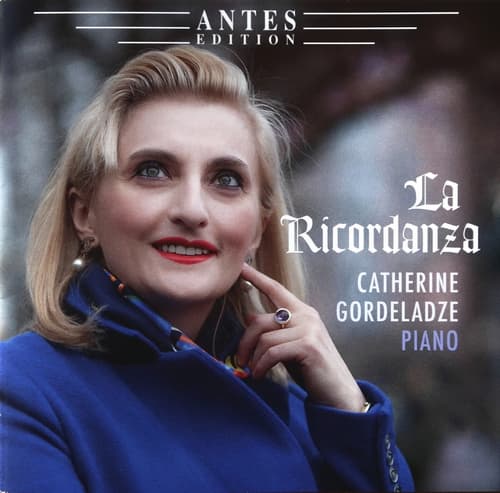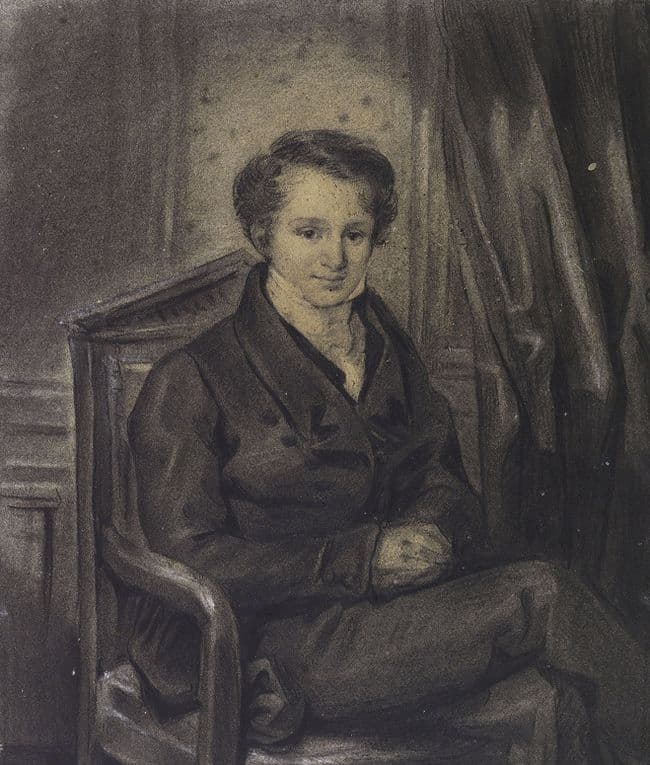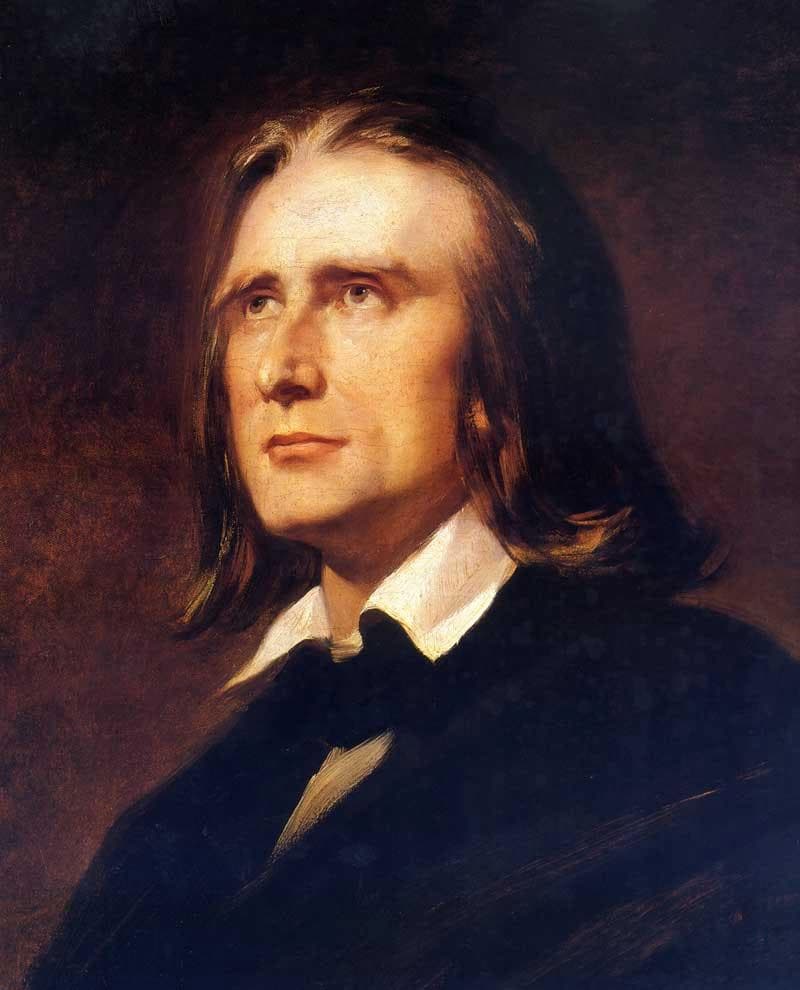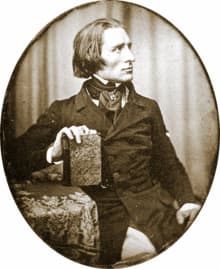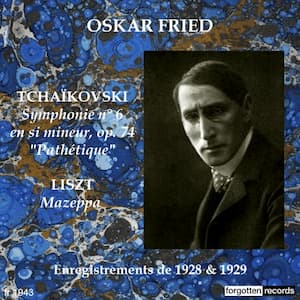Franz Liszt dipped into the inspirational melody pool of Schubert’s music time and again in his search for creating new sounds for the piano. Liszt wanted to both reproduce the song and, at the same time, make it a pianistic
Liszt
Franz Liszt: Années de pèlerinage (Years of Pilgrimage) Over his life, Franz Liszt (1811–1886) travelled widely. From his start in Hungary, through his first concerts as a child, his training in Vienna, his life in Paris, living with Countess Marie
Franz Liszt: Hunnenschlacht When the newly constructed “Neues Museum” (New Museum) in Berlin was looking for frescoes to illustrate the history of mankind, they turned to the painter and muralist Wilhelm von Kaulbach (1805-1874). Kaulbach had made a name for
We caught up with Georgian pianist Catherine Gordeladze to talk about her new album ‘La Ricordanza’, a selection of piano works inspired by or reminiscent of the human voice. Can you tell us a little more about the inspiration for
Victor Hugo published his Les chants du crépuscule on 25 October 1835, as the second of four volumes commonly referred to as the July Monarchy collections. “Twilight Songs” includes a short preface, a prelude poem, and thirty-nine additional pieces. “If
It is not commonly known that Franz Liszt composed well over eighty songs in German, French, Italian, Hungarian, Russian, and English. While his settings of German poetry predominate, “his songs in French are among the most significant works, especially those
Franz Liszt had a number of worldly vices, and alcohol, cigars, and cognac ranked high on that list. Mealtime with Franz Liszt invariably meant getting hammered! When he attended a banquet in Prague in 1846, Hector Berlioz was in attendance
Lord Byron’s narrative poem from 1819, Mazeppa, was one of the great influential pieces of Romantic writing. Plays, musical pieces, operas, novels, even circus performances were based on the work. The poem tells the legend of Ivan Mazepa (1639-1709). Mazepa

